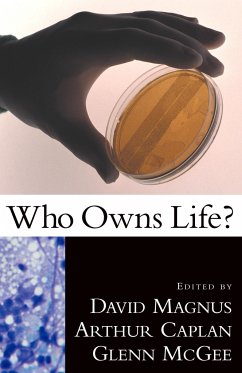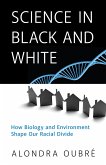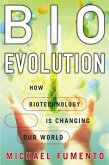With the mapping of the human genome and the development of cloning and other genetic engineering techniques, scientists have embarked upon a whole new era of biomedical research and with it a maze of complex ethical and legal questions. Do isolated gene sequences constitute ôinventionsö that warrant patent protection? What about cloned organisms, or new life forms engineered from pre-existing tissue? Do scientists have the right to claim individual patents on and make profits from the elements of life? How does the profit motive affect our attitudes toward the value of life? Will patent protection foster or hinder scientific cooperation and research into diseases? These are a few of the vexing questions that must be faced in the coming decades as biotechnology advances into uncharted ethical territory. This excellent collection of articles by scientists, ethicists, and legal experts analyzes the convergence of biotechnology and intellectual property legislation, which has given rise to these new moral dilemmas. It will serve as a valuable reference work to give educated lay readers a starting point to make their own judgments about matters we will all face in the near future.
Bitte wählen Sie Ihr Anliegen aus.
Rechnungen
Retourenschein anfordern
Bestellstatus
Storno







